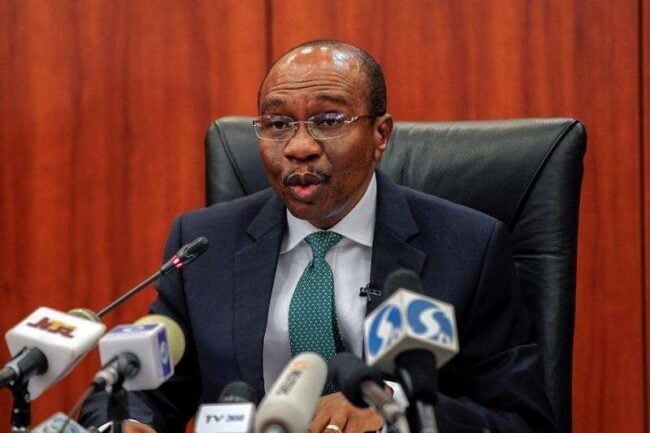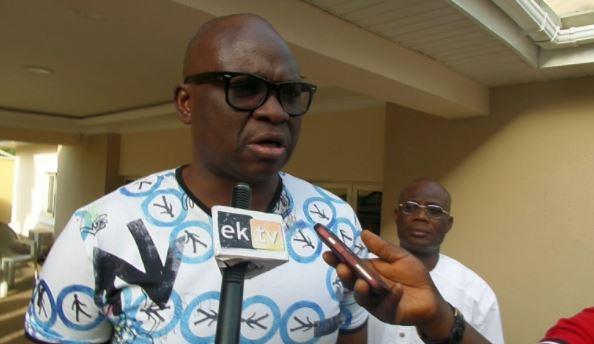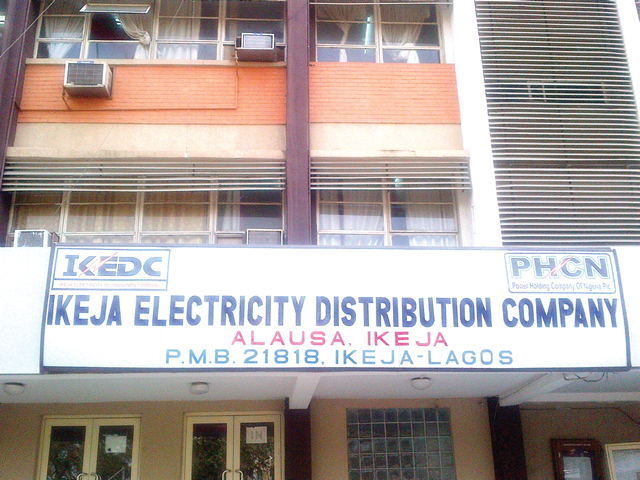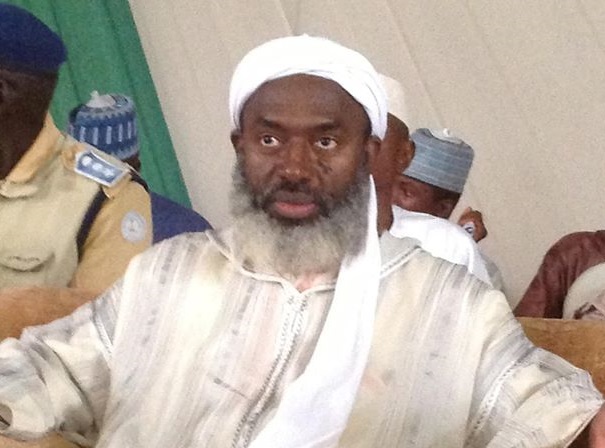
Godwin Emefiele, governor of the Central Bank of Nigeria, says the Buhari-led administration chose to save the naira instead of building reserves.
Emefiele, who made this known to journalists on Sunday in Bali, Indonesia, said it is difficult to talk about building reserves at the moment.
“We are going to need to build buffers but unfortunately I must say that we are in a period where it is difficult to talk about building reserves,” he said at a press conference to mark the end of 2018 annual meetings of the World Bank Group and International Monetary Fund.
Advertisement
“You can only build reserve buffers if you want to hold on to the reserves while allowing your currency to go and wherever it goes is something else.
“It is a choice we have to make and at this time, the choice for Nigeria is to maintain a stable exchange rate so that businesses can plan and we don’t create problems in the banking system.
“Naturally, when this happens, it results in weakening of assets, rising non-performing loans and other wide implications. This is why we will maintain the posture we have and we believe that it is sustainable in the short run.”
Advertisement
Nigeria’s foreign reserves currently stand above $43.3 billion — one of the highest figures recorded since the 2014 oil price crash.
Isaac Okorafor, CBN spokesman, had explained earlier in October that the fall in reserves is due to a hike in interest rates by US Federal Reserve and the bank’s interventions in the forex market.
He explained that investors who came to Nigeria for better returns are returning to the US, adding that this is affecting Nigeria, Brazil, Egypt, Argentina, Iran, and many emerging markets.
“China has lost over 1.3 percent of its currency. Argentina lost 134 percent; Iran, India, some of them lost 18 percent, 17 percent, but here in Nigeria, our currency has gained six percent in the last one year,” he had said.
Advertisement
“You can see that the reversal of capital flows which is eating most economies and bringing about depreciation in their currency is not affecting us for two reasons — we’ve built enough buffers of reserves to be able to tackle situations like these”.
During one of the sessions at the meetings, Anna Ilyina, IMF’s head of emerging economies regional studies division, had urged Nigeria to use her foreign reserves judiciously and build more buffers.
Ilyina had said there would be further interest rate hike in the United States, which would lead to increased capital outflows in Nigeria and other emerging economies.
Advertisement
Add a comment







